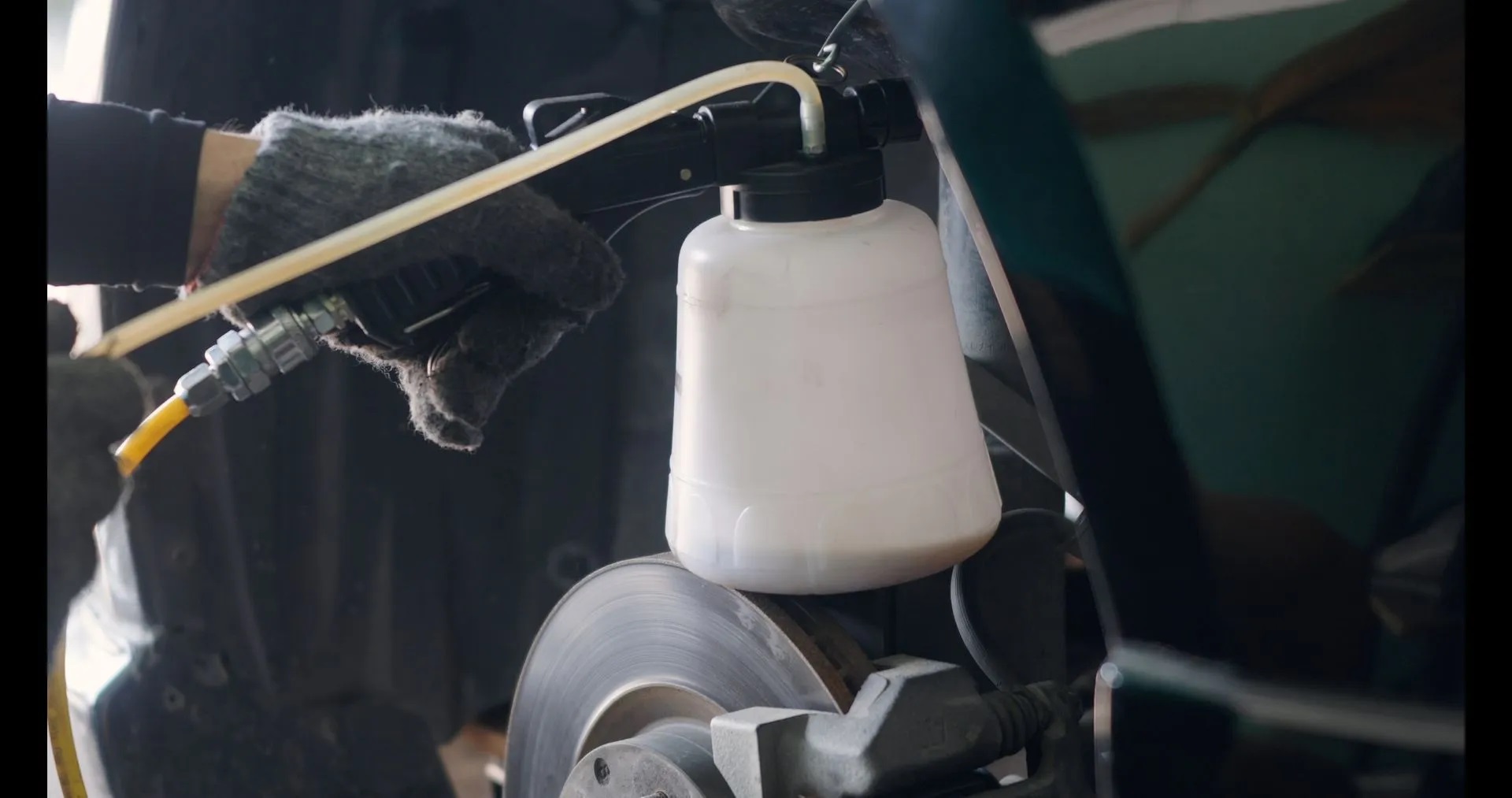Vital Tips for Drivers: Don’t Wait Too Long to Exchange Car Fluids

Every car, like any other machine that requires maintenance, needs to be regularly serviced, and in the same fashion as many home appliances that need periodic inspections, cars to demand routine checks to make sure that their engine and the various other parts are working up to their optimum capacity. However, maintenance of your car does not simply stop at the service stage; the fluids used in it must also be given regular renewals. Neglecting to do this could bring with it a wide array of issues which can result in extravagant repair costs. To understand why it is so crucial to change car fluids on time, it is important to read up on the subject.
What are Car Fluids?
Car fluids are an essential part of keeping your vehicle functioning properly. Without these fluids, components of your car can fail or require immediate and expensive replacement. Each type has a unique purpose and it is necessary to keep levels of each at adequate amounts to keep the car in top peak condition. Transmission fluid is used to lubricate the gears in the transmission system, engine oil helps reduce friction between moving parts, coolant attracts heat from the engine and prevents overheating, power steering fluid optimizes hydraulic power and allows for better steering, and brake fluid helps create hydraulic pressure for braking power. Without properly functioning fluids, your vehicle may experience issues with operation and performance. Therefore, it is important to ensure that these fluids are in top condition for efficient and worry-free driving.
Why it’s Important to Exchange Car Fluids
It is important to check car fluids routinely and exchange them when necessary to ensure that your car is running effectively. Here are a few reasons why it’s important to exchange car fluids:
- To keep the car in optimal condition: Changing car fluids is essential in order to maintain the optimum performance of your car. If you don’t change fluids such as engine oil, brake fluid, transmission fluid, and coolant when required, the car’s system can suffer from deterioration; this can potentially cause a decrease in performance, as well as other potential problems. In some cases, the decreasing performance includes an increase in fuel consumption, which can damage the environment. Therefore, changing the fluids in your car regularly will help you to keep the car safe and running in its best possible condition.
- To get the car prepared for summer or winter: Changing your car’s fluids before the summer or winter season begins is a great way to ensure your car is in top condition. This will make sure that essential supplies like oil, transmission fluid, and other lubricants are functioning optimally, protecting against wear and tear, as well as helping with better fuel economy. Additionally, making sure all these fluids are at their recommended levels will improve the performance of the car during the hot summer or cold winter months. Therefore, to ensure your car’s protection from any potential damage from the conditions of the season, it is recommended to change your car fluids before the summer or winter season begins.
- To reduce the possibility of damage: Exchanging car fluids such as motor oil, coolants, and transmission fluids on the recommended schedule by your car’s manufacturer can greatly help reduce wear and tear on your vehicle, as well as help it better withstand temperature changes. Doing this routinely is a proactive way to minimize the potential for costly repairs and replacement, as well as keep your car running safely and reliably. Additionally, preventing your car from having to work harder than is necessary will optimize its performance and extend its lifespan.
- To save money: Regularly replacing car fluids is an often overlooked, yet important part of car maintenance that can have a significant effect on the overall cost of driving. By replacing important fluids such as oil, coolant, transmission fluid, power steering fluid, and brake fluid, you can prevent the buildup of dirt and debris which can eventually lead to more expensive repairs and even engine damage. Such preventative maintenance can help to save you money in the long run by avoiding the need for costly repairs. Moreover, regular replacements can help to keep the car performing optimally and make sure your vehicle is running smoothly and efficiently.
Tips for Examining Car Fluids
Here are a few tips for checking car fluids and exchanging them:
- Follow the manual: Everyone makes and model of car has a manual that provides instructions on the frequency at which the car fluids should be changed. Be sure to follow this guide in order to check car fluids in a timely fashion.
- Make note of the fluid levels: You should also make a note of the fluid levels, and replace them when they are too low. Low car fluid levels can often indicate a leak, which should be checked right away.
- Seek advice from an expert: If you aren’t sure how often to check car fluids, consult an experienced mechanic. They can provide advice on the best car fluids to use, as well as how often they should be changed.
Exchanging car fluids regularly is an important part of keeping your car in optimal condition. By following the tips mentioned above and regularly having your car fluids checked and exchanged, you can help to avoid costly repairs and prolonged wear and tear of your car parts. Making sure to check and exchange car fluids in a timely fashion will result in your car being better prepared for the summer and winter months, as well as providing a smoother ride all year round.
